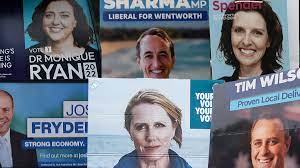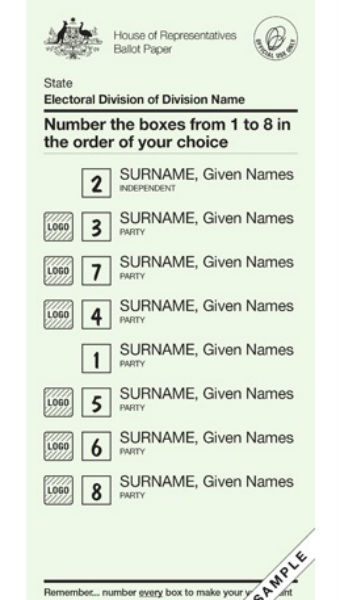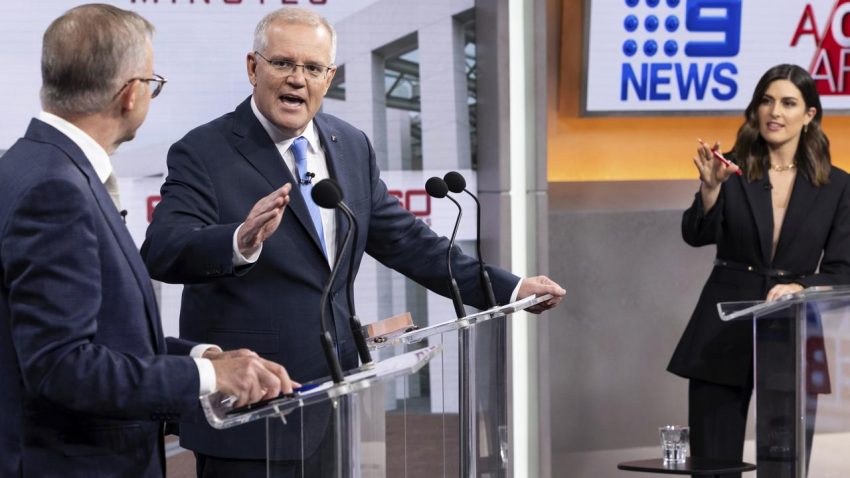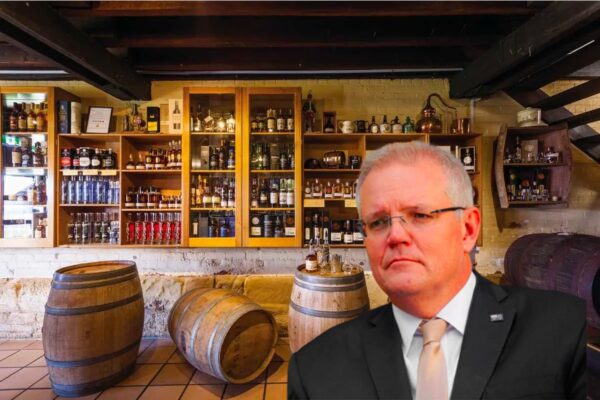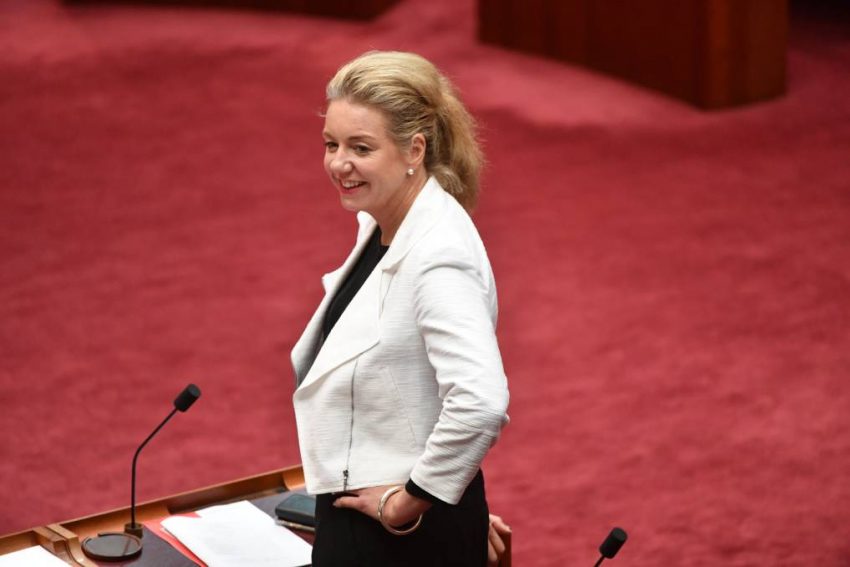Prime Minister Scott Morrison has got a lot of gall to demand that the “teal” independents reveal who they would support in the now increasingly likely event of a hung parliament.
The gall is twofold. First is that the teals have already answered: neither of you unless you change your behaviour. That, indeed, is why they are standing. Second is that the real demand for an answer about a hung Parliament should be directed at Morrison himself.
Critically, the question for him is: “What concessions, if any, would he give to cross-benchers in order to get their support to form a government?”
Would the Coalition agree to a corruption commission with teeth as promised before the 2019 election? Would the Coalition agree to follow through on the neglected half of the recommendations of the banking royal commission as promised before the 2019 election.
What about an effective 2030 emissions target? Decent treatment of women working at Parliament House? An end to corrupt ministerial discretionary spending in marginal electorates? An end to wage-suppressing high immigration? And so on.
Moreover, he should be asked that if he were to agree to any of these things as the price of government, why not promise them before the election. Or he should be asked which items are lines in the sand which he would not compromise on to attain government.
For example, does he think that any corruption commission other than the roundly condemned ineffectual one he proposed would be an unacceptable “kangaroo court” that he could never agree to.
But the only answer he has given is that he expects to get majority government. Well, not without a 4 in front of the Coalition’s primary vote. And that is looking less likely by the day.
Opposition Leader Anthony Albanese, of course, should be asked similar questions, but there would be a lot fewer of them.
The teals, as a rule, are very much private-enterprise sort of people and would normally gravitate to the Liberal Party, but not the Liberal Party under this leader or the Liberal Party stripped of Menzies-Fraser liberalism and without any underlying philosophy other than holding on to power.
Menzies would roll in his grave if he knew that a Liberal government had promised $4.5 million to the boutique Lark whisky distillery at Pontville in Tasmania, where two marginal seats are critical in this election.
Without a hint of irony Morrison was pictured at the distillery with several barrels behind him. All that was missing was the pork.
Australians should not fear a hung Parliament; they should welcome it, for several reasons.
The first is that most independents are committed to cleaner government. When independents held the balance of power in NSW, they insisted on setting up the Independent Commission Against Corruption which has uncovered numerous incidents of serious corruption, involving politicians from both major parties.
The independent Parliamentary Budget Office, which puts at least some semblance of honesty into the costing of electoral promises, was created at the insistence of the two federal independents who supported the Gillard minority government.
The major parties have little interest in greater integrity and transparency in government, though Labor to its credit has agreed to a tough corruption commission.
Over the past nine years of Coalition Government, the five pillars of the misuse of incumbency toyed with by the Keating and Howard Governments have now turned into industrial-scale abuse.
These are: government advertising for party political purposes; jobs for the boys; unjustified boondoggle grants of public money in marginal electorates; lucrative secretive government contracts to donors; and the false and misleading conduct in election advertising which if done by a commercial corporation would result in prosecution.
The second reason to hope for a hung Parliament is that promises made by a major party as a condition for the support of independents are much more likely to be honoured. If Morrison’s broken 2019 promises on integrity and banking had occurred while in minority government, he would have been out of office. As it is, he can chance it with an amnesiac electorate at the next election, rather than face certain defeat on the floor of the House.
Thirdly, every election since 1996, one or both of the major parties have engaged in scaredy-poo small-target practices without electoral consequences, with the result that desperately needed policies to make Australia fairer and more productive have gone by the wayside. Minority governments can get things done. The National Disability Insurance Scheme, though not perfect, is a case in point.
Lastly, survey after survey in the past 30 years has shown a shattering of trust in the Federal Government. For good reasons its integrity, capacity and competence have been increasingly questioned. More of the same will not fix it.
And whatever the result on 21 May some fairly courageous policy changes must be made. A major shift in the tax burden away from labour and towards capital and consumption is a start.
Irresponsible hand-outs to marginal electorates and unsustainable high immigration to suppress wages and create “growth” are no substitute for the wholesale reform of both revenue and spending to deal with the debt left by the pandemic; increasing inequality; stagnant wages; lagging productivity; falling educational attainment; and out-of-reach health care.
And in this environment any premature or too-large a rise in interest rates is likely to push a lot of people into credit-card misuse and default because unlike the inflation in the 1970s, there is no wage pressure in a casualised ununionionised workforce to be dampened.
The 2022 inflation spurt in Australia is just a combination of a few temporary supply-chain one-offs. And it will be quickly corrected because there are simply no increases in wages to fuel demand. People will just buy less.
As the woman serving behind the super-market deli counter at the weekend responded to my mild whinge and observation about rising prices: “Yes, everything is going up except our wages.”
Crispin Hull
This article first appeared in The Canberra Times and other Australian media on 3 May 2022.
